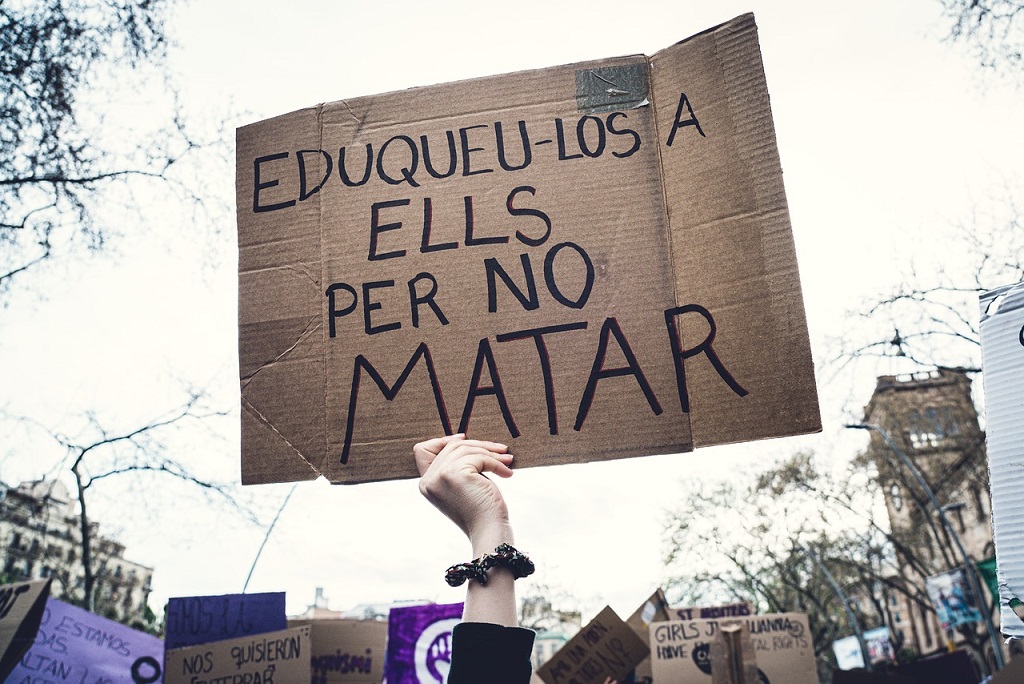To talk about this subject requires an all-round view. The conception of liffe as a straight line passing through points A, B, C, D is an over-simplification. This abstraction doesn’t correspond to anyone’s life, although sometimes we insist that it does.
 Mabel Encinas
Mabel Encinas
Life is more like a path full of ups and downs and unexpected turns. With stumbles and missed connections, the human journey also has its happy meetings and the building of collective solutions to problems.
The force of individualism frequently impedes us from realising that even creativity emerges in the context of a group, and that the ideas that the individual has about community are produced in specific social contexts. The decision to abort is usually difficult because it involves many different feelings. One of those feelings is fear, in spite of the fact that the risk – medically speaking – is small, if the abortion is carried out in safe conditions.
In places where abortion is illegal the decision is even more difficult. The risks to health in clandestine situations increase greatly. And this is without mentioning the higher cost, and the moral implications of an illegal abortion.
 Due to the number of women who die, abortion becomes a public health problem which of course no-one wants.
Due to the number of women who die, abortion becomes a public health problem which of course no-one wants.
On the other hand, the legality of abortion is a crucial factor in how safe it is. Besides that, and contrary to what was thought in decades past, the number of women seeking abortions has not increased. What does reduce the number of abortions is effective support to help women avoid unplanned pregnancies.
Different groups of women around the world have sought to make this recognised, and there is plenty of evidence to justify this demand.
Today there is again a need for public discussion, because we are far from a universal decriminalization of abortion.
Besides – and this is even more serious – recent years have produced waves of conservatism which are seeking to take us backwards, again proposing to penalize abortion, as is currently happening in Spain, or to impose restrictions on the conditions in which it can be carried out.
 But what can we do to stop this? We can support a campaign, support women in other countries, take part in marches, sign petitions, and talk to our families – especially with young people – about the issues.
But what can we do to stop this? We can support a campaign, support women in other countries, take part in marches, sign petitions, and talk to our families – especially with young people – about the issues.
It is interesting that those opposed to abortion question the right of women to decide what happens in their own bodies, and yet they don’t argue with the responsibility of the community for the child, and the education of boys and girls. We want a full life, in which the right of women to be responsible for their own bodies is recognised in the context of support and acceptance of their reproductive rights.
(Translated by Graham Douglas – Email: ondastropicais@yahoo.co.uk) – Photos: Pixabay












.jpg)












